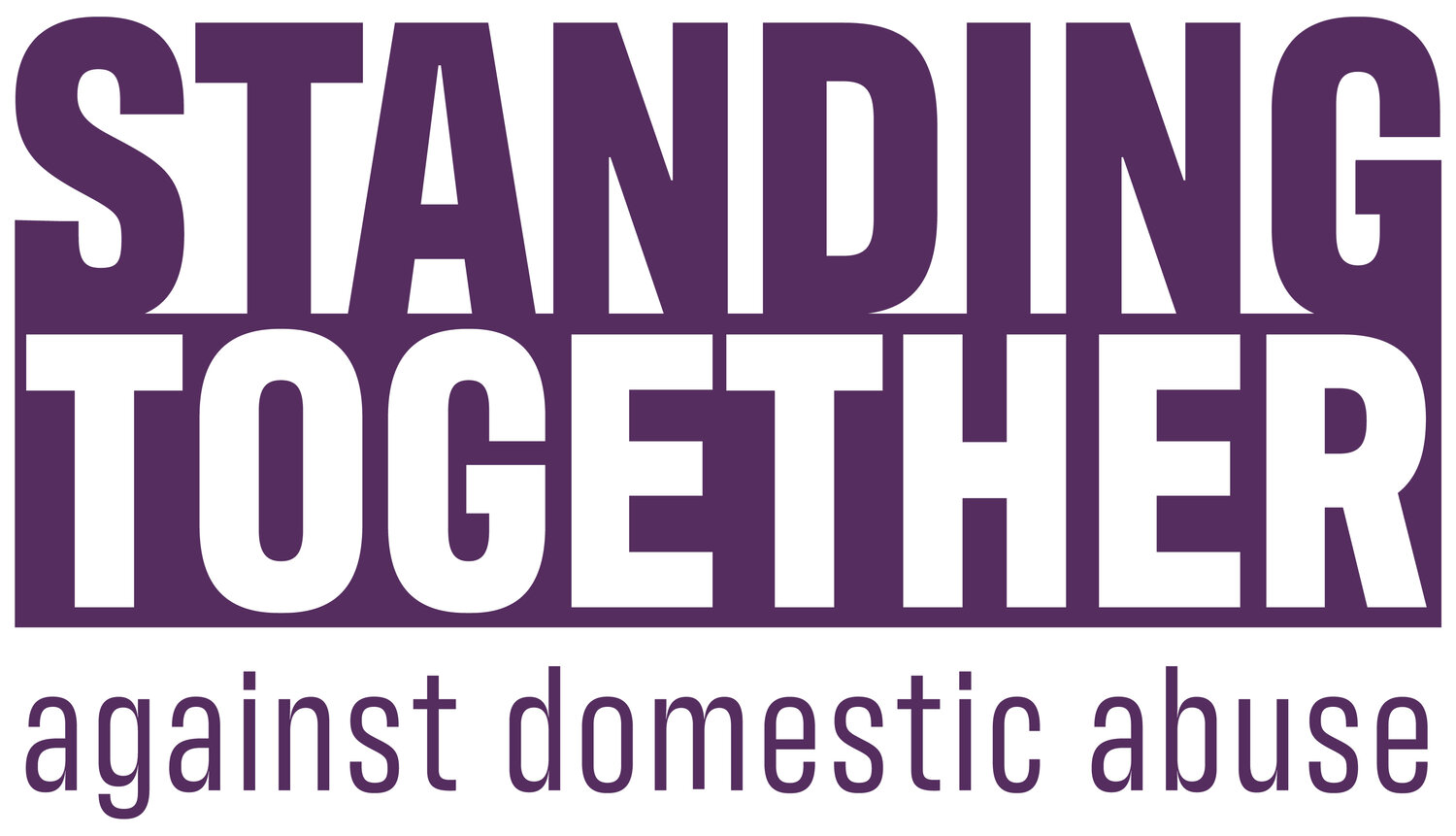Healthy Futures Start with Safety: Why Healthcare Must Lead the Response to Domestic Abuse
This World Health Day (7 April), we are launching A Whole System Response: Healthcare Holds the Key—a survivor-led animation—and calling on health professionals to take the #SurvivorPledges.
The Crisis: Healthcare’s Missed Opportunity
80% of people experiencing domestic abuse seek help through healthcare services—often as their first or only point of contact. (IRISi)
Yet referral rates to specialist domestic abuse support remain low, leaving survivors without the help they urgently need. (IRISi, SafeLives)
1 in 8 female suicides or suicide attempts are linked to domestic abuse, highlighting the devastating mental health consequences of violence at home. (Hestia)
Survivors reach out for help an average of five times before receiving effective support. (SafeLives)
Healthcare is often the first—and only—point of contact. But without trauma-informed training, survivors face silence, misdiagnosis, or worse.The Solution: Survivor Pledges and A Whole Health Approach
Co-produced by survivors and health experts, our 7 Survivor Pledges give professionals a roadmap to transform care:
I pledge to seek out and undertake education and training to properly understand domestic abuse and its impact, learn how to spot the signs and to adopt an approach that is both trauma-informed and inclusive in its recognition of how intersecting identities can create barriers for victim-survivors to access treatment.
I pledge to give victim-survivors my full attention during appointments and treatment and listen with care and understanding, recognising how difficult disclosing abuse can be.
I pledge to work collaboratively with victim-survivor patients to fully understand their experience and needs before deciding on a treatment plan.
I pledge to take appropriate risk and safeguarding measures to ensure that my patients have safety and privacy during treatment and can choose their next steps free from the coercion and stigma that can often lead to victim-survivors not seeking support and care.
I pledge to raise my own awareness of the domestic abuse support services and professionals available within my local area, so that I can properly refer and support my patients to specialist services.
I pledge to actively inform my patients of all their available options for treatment and referral, including follow-up appointments and support services.
I pledge to ensure that the specific experiences of children and young people who have experienced domestic abuse are not minimised, but acknowledged and respected and that their insight is considered in developing a survivor-led practice.
Sign the pledges now: Take the Survivor Pledge — Standing Together
Why sign?
Get a welcome kit and badge to showcase your commitment.
Join a network of professionals driving change.
Be celebrated as a champion in our Health & Domestic Abuse forums.
"A Whole System Response: Healthcare Holds the Key": The Animation
Our new animation—co-designed by survivors—reveals:
Real testimonies: "I visited my GP 5 times before someone asked the right questions."
System gaps: Only 19% of survivors learn about support from health providers.
Hope: How the Crossing Pathways Network is bridging divides.
Watch it here!
FAQ: How Can You Help?
What’s the role of Health IDVAs & DACs?
• Health IDVAs: When embedded in hospitals, they help frontline staff identify risk earlier and support more survivors to access specialist services—resulting in better outcomes and reduced strain on A&E.
• Domestic Abuse Coordinators (DACs): These roles embed domestic abuse expertise into healthcare systems and have shown potential to reduce repeat hospital admissions and improve safeguarding responses.
2. How does co-production work?
Survivors shaped every part of this campaign using the 5 principles of co-production:
Valuing lived experience.
Breaking down silos.
Focusing on what matters to survivors.
Building trust.
Empowering change-makers.
3. What’s the impact of signing the pledges?
94% of survivors felt safer after healthcare professionals adopted trauma-informed care. (Crossing Pathways Report - reach out to our team if you would like access)
Receive quarterly surveys to share your progress—we’ll spotlight your work.
Join Us This World Health Day
Watch the animation.
Take the #SurvivorPledges.
Attend our next Crossing Pathways meeting—reach out to our team to find out more details!
Together, we can ensure healthcare is a place of safety—not silence.
Sign the pledges now: Take the Survivor Pledge — Standing Together
